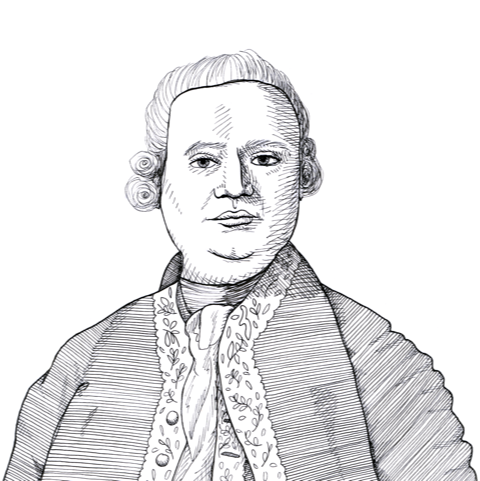
David Hume examines the pride of the turkey (and other creatures) (1739)
Found in: A Treatise of Human Nature
The great Scottish philosopher David Hume (1711-1776) in his Treatise of Human Nature (1739) has an interesting observation on the pride and vanity of the male turkey:
Food & Drink
’Tis plain, that almost in every species of creatures, but especially of the nobler kind, there are many evident marks of pride and humility. The very port and gait of a swan, or turkey, or peacock show the high idea he has entertain’d of himself, and his contempt of all others. This is the more remarkable, that in the two last species of animals, the pride always attends the beauty, and is discover’d in the male only.